Beauty Q&A: What’s the Difference Between Natural, Clean, Vegan and Certified Organic Beauty?
You asked, we delivered.
What was once called the clean beauty “movement” is now a booming industry, catering to a huge majority of women (and men) who are moving away from mainstream beauty brands and opting for natural, certified organic and even vegan beauty products.
The good news is that there are so many beauty brands (including some amazing homegrown companies) that are jumping on the bandwagon, nixing the nasties and animal by-products, and proving that they can be just as efficacious as their not-so-natural counterparts.
But here’s where it gets tricky. Deciphering the coding, words, and ingredients of beauty products is often a minefield, says Melbourne-based mobile makeup artist and author of the Skin Journal Georgina Alexandra. “When we see a product that is labelled natural, certified organic or vegan, it doesn’t necessarily mean these products are free from toxic ingredients—this is difficult to understand, because we want to trust what the packaging is telling us. Due to very little regulations in Australia, any brand can label their product natural or organic without facing any repercussions, so understand exactly what each different sector of clean beauty means can take a little time.”
Let’s break it down.
[responsive imageid=’31297′ size1=’0′ size2=’641′ size3=’1024′] [/responsive]
[/responsive]
“This is something that more and more of my clients are asking for,” says Nicole Manning, Director of ONDA Beauty Australia in Sydney’s Paddington. “This eliminates all animal-derived ingredients—personally I stick to products that have been accredited by PETA—they offer two stamps; cruelty free and vegan,” she says. Alexandra agrees, however notes that just because a product is marked vegan, it doesn’t mean that it doesn’t contain toxic or chemicals, so this requires further investigation if you also wish your products to be chemical-free.
[responsive imageid=’31294′ size1=’0′ size2=’641′ size3=’1024′] [/responsive]
[/responsive]
“Everyone has a different view on clean beauty which is rather exciting and fits with my attitude to beauty generally—it’s yours to play with,” says Manning. Typically free of any nasties, “clean beauty products are those without synthetic fragrance, parabens, sulphates as an absolute minimum, but this can include—if any—makeup you wear, too!”
[responsive imageid=’31299′ size1=’0′ size2=’641′ size3=’1024′] [/responsive]
[/responsive]
[responsive imageid=’31295′ size1=’0′ size2=’641′ size3=’1024′] [/responsive]
[/responsive]
While using natural products is becoming more and more popular, just because a product claims that it’s natural, it doesn’t necessarily mean that the product contains all-natural ingredients, explains Alexandra. “A brand only needs to use one by-product of anything natural—be it an oil, leaf extract, herb—to be classified as ‘natural’ but remember, again, it doesn’t need to be toxic-free to earn the label,” says Alexandra. “For products specifically, I focus on understanding and trusting the brand and its philosophy, knowing how and where they source their various ingredients and the drive behind doing what they do,” adds Manning. “On a technical level, it might mean products made without parabens, sulfates, synthetic fragrances, or those that contain no preservatives. Equally, it might mean sustainable or eco-friendly skincare, which sources ingredients in a way which have not been altered from their natural state.”
[responsive imageid=’31298′ size1=’0′ size2=’641′ size3=’1024′] [/responsive]
[/responsive]
[responsive imageid=’31296′ size1=’0′ size2=’641′ size3=’1024′] [/responsive]
[/responsive]
“Philosophically, organic means working with nature, not against it,” explains Manning. “Organic beauty is the formulation of cosmetic products using organically farmed ingredients. These ingredients are grown without the use of Genetically Modified Organisms, herbicides, synthetic fertilisers and other products that have not typically been a part of the evolution of that ingredient. As with food, every country has different regulations for organic certification, meaning that a product created and certified and in one place may not meet the standards for organic certification somewhere else. ‘Certified organic’ status guarantees that everything about the product has been produced organically and contains only organic ingredients.” You should notice a small symbol on the packaging to signify if a product has adhered to the strict guidelines to achieve certified organic status.
Tell us, how important is using natural, certified organic, or vegan beauty products to you? Do you have any favourite products or brands?


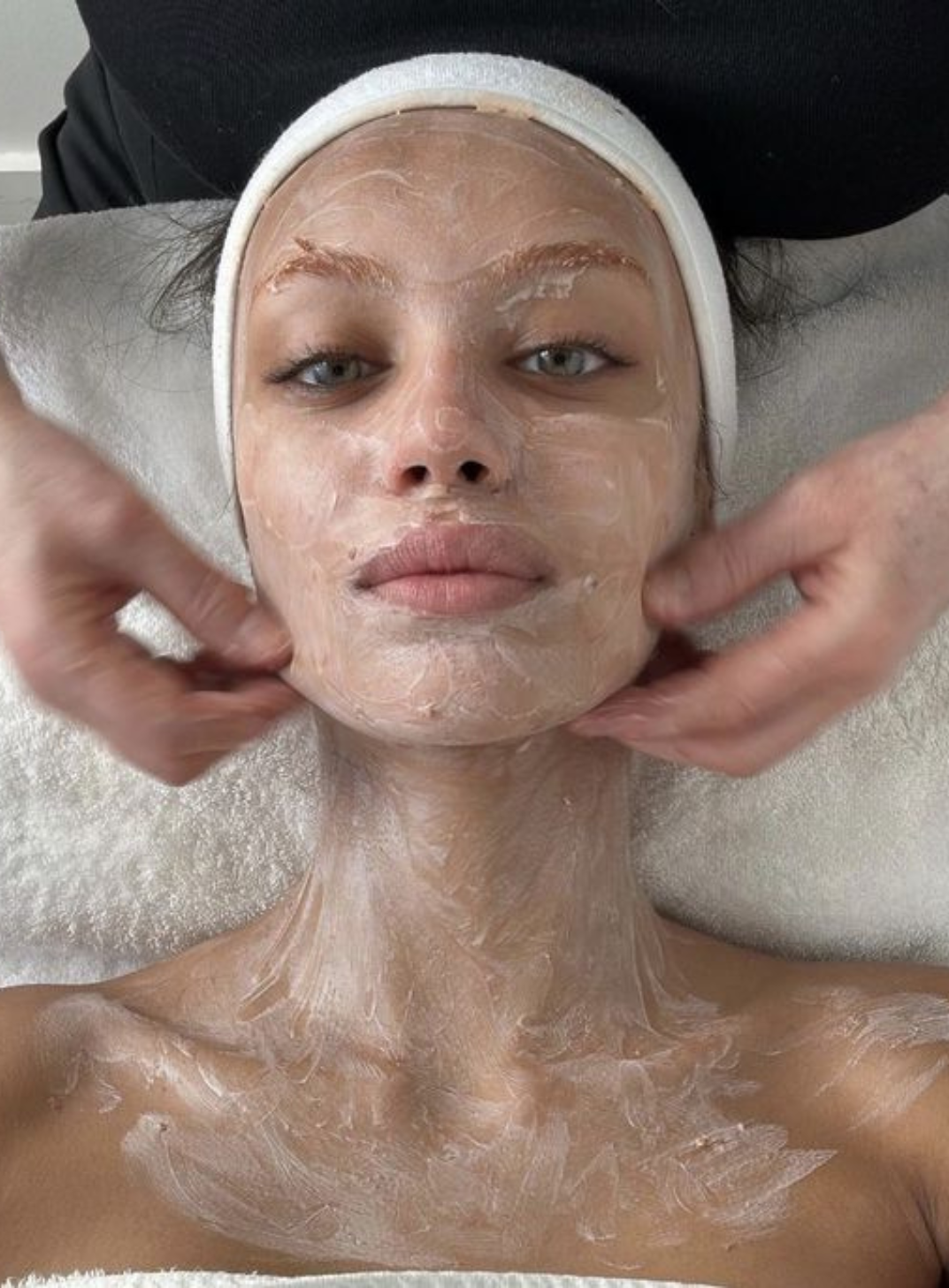

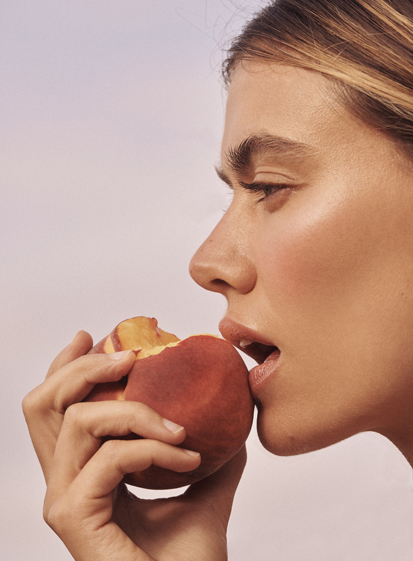
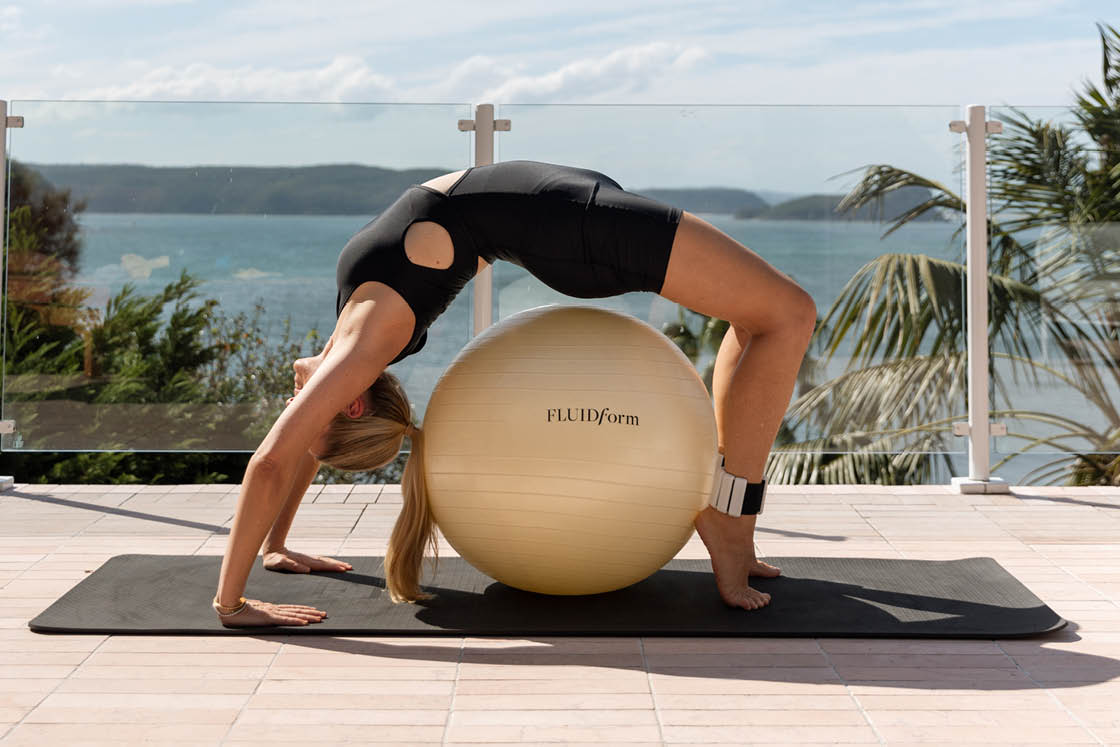

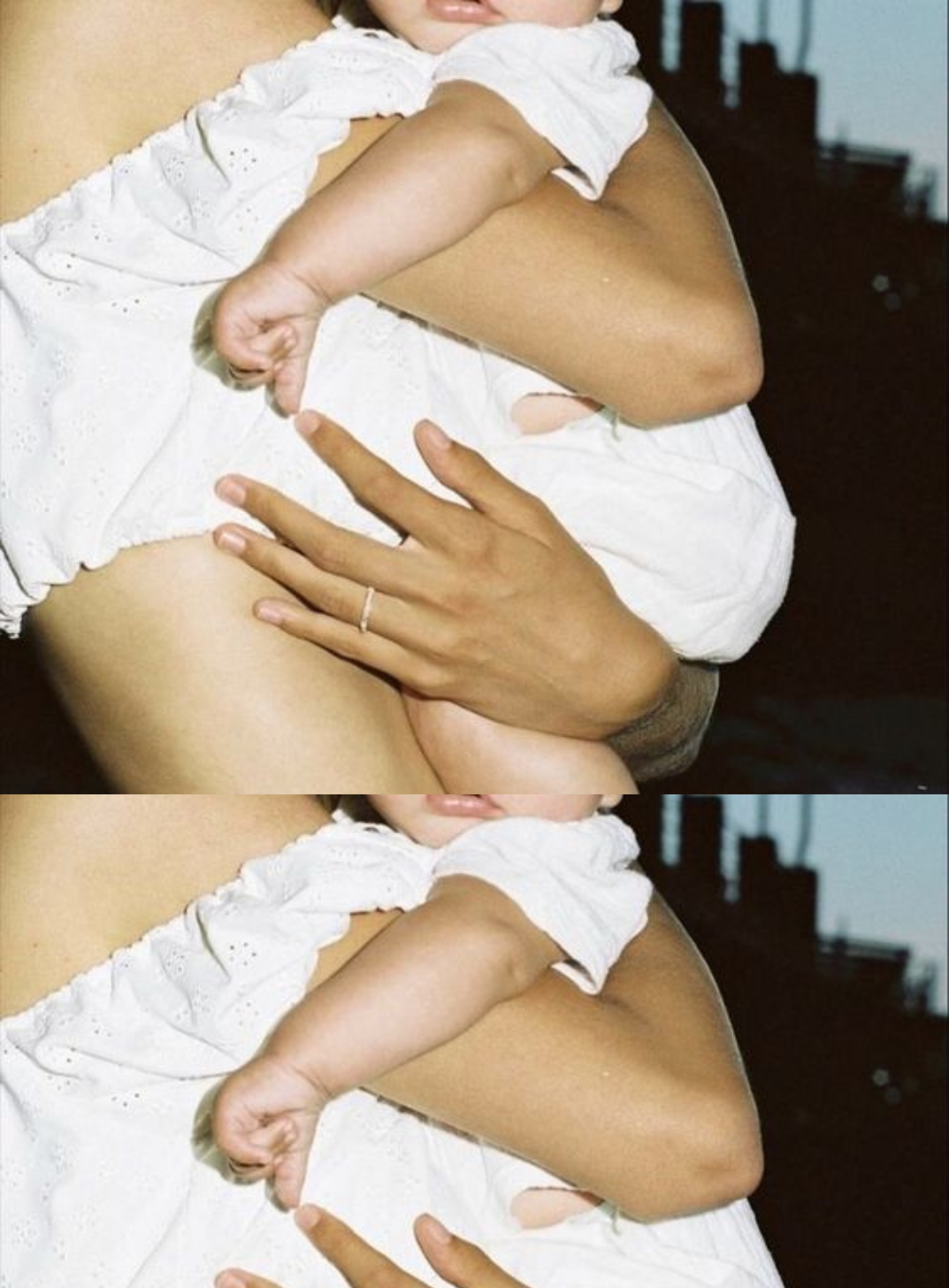
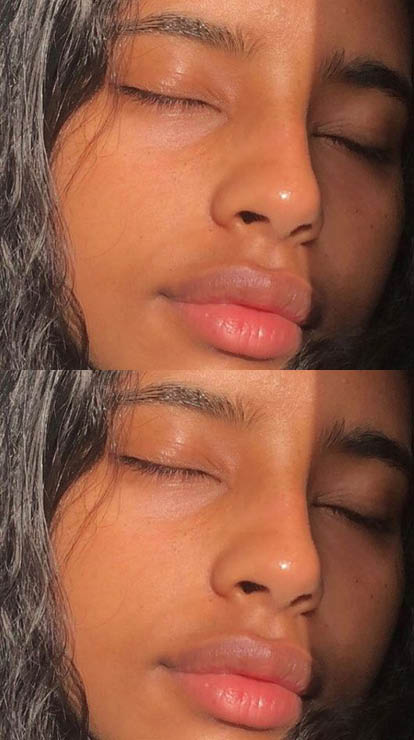

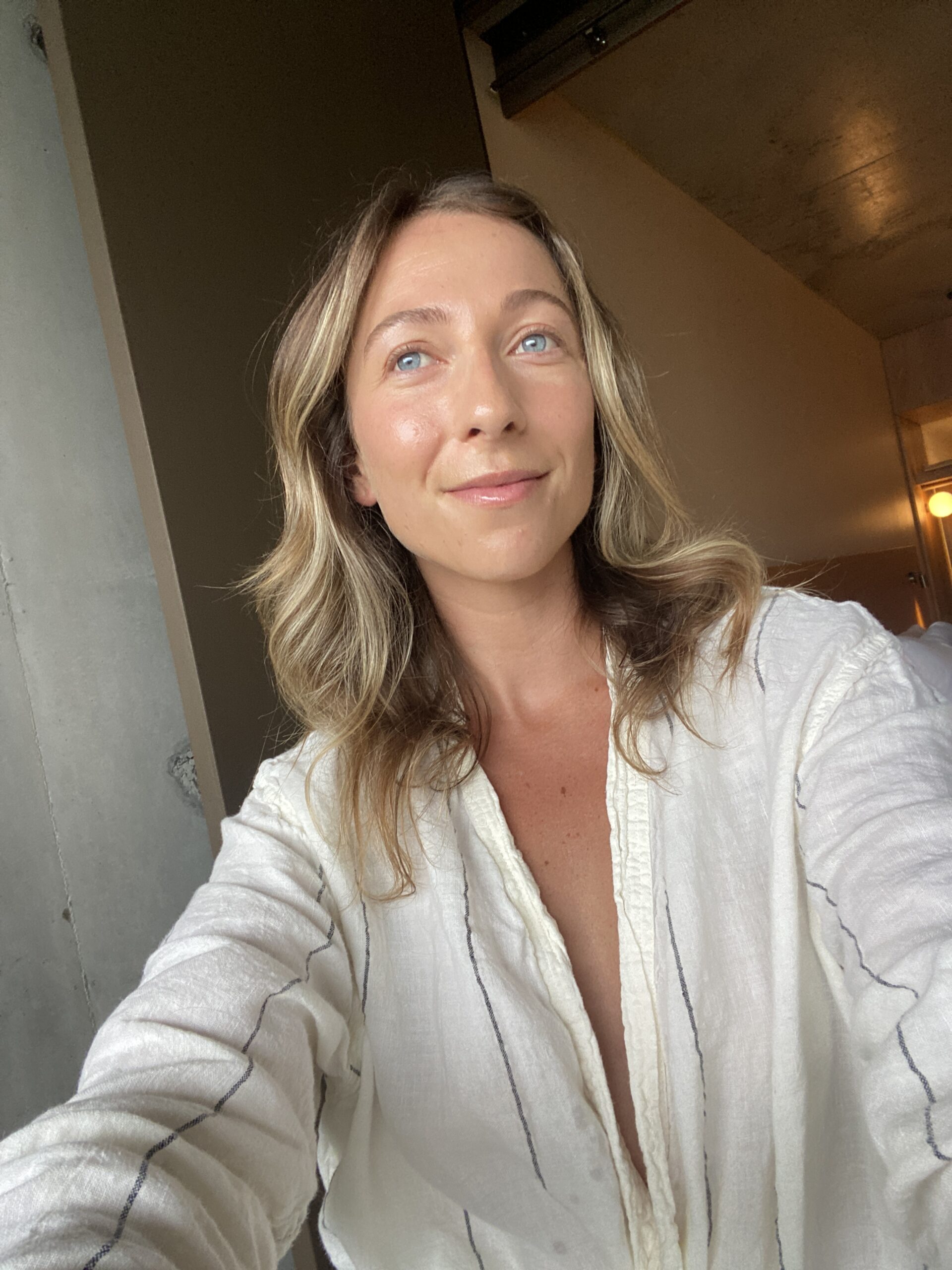
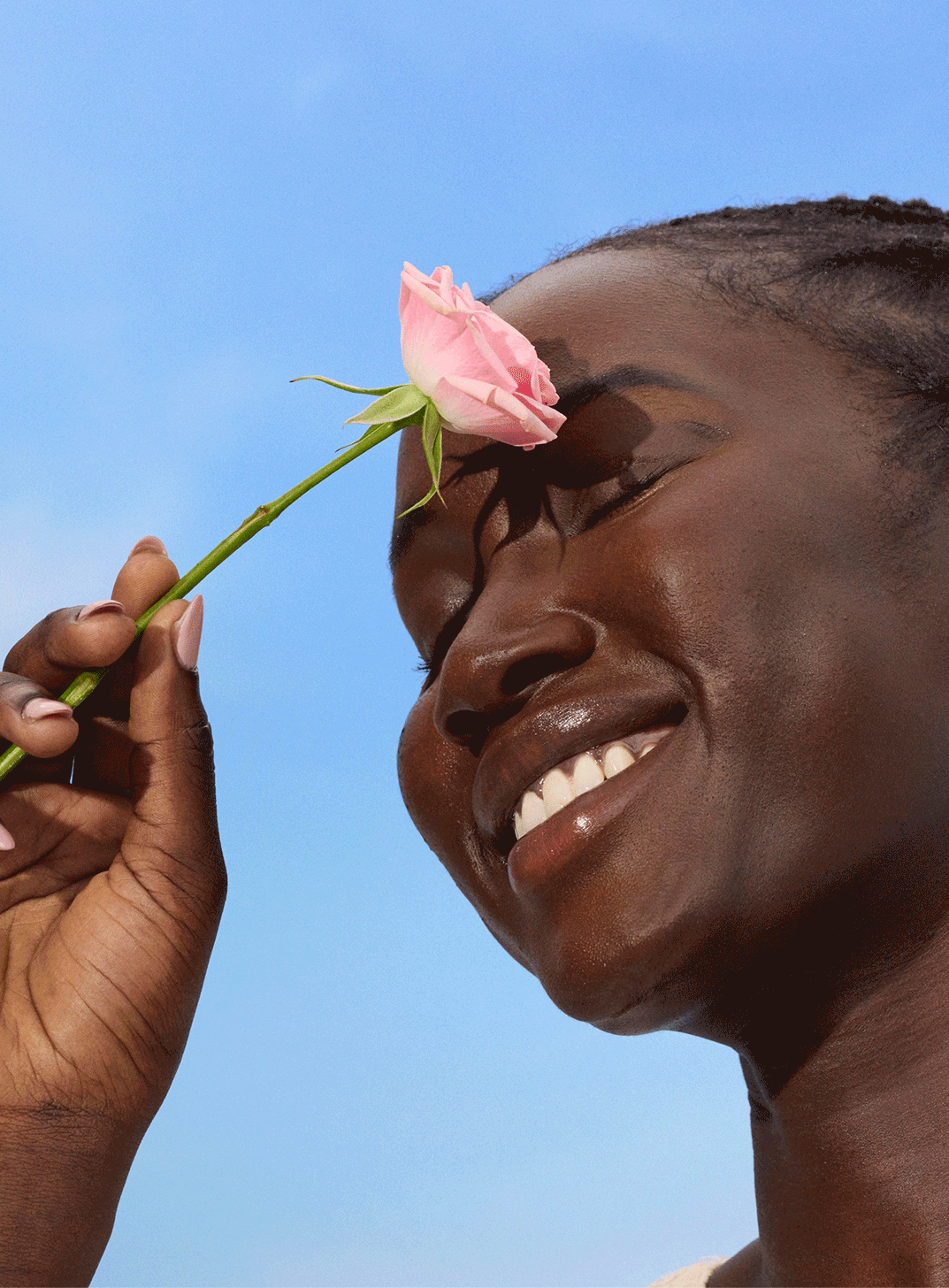
Comments